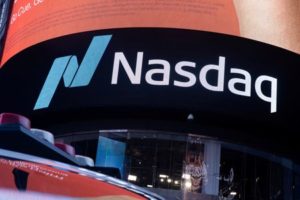(Reuters) – UnitedHealth on Tuesday raised its estimates for a hit to earnings this year from a February hack at its tech unit, as it rolls out loans to healthcare providers and records higher expenses from notifying affected customers.
Shares of the company fell 1.5% to $507.52 in choppy premarket trading after rising earlier, as it also reported higher-than-expected medical costs in the second quarter.
The company expects a 30-cent higher hit to full-year adjusted profit from the hack at its Change Healthcare unit.
UnitedHealth attributed the change to its loan program, which had paid out about $9 billion, and consumer notification costs.
The hack at the unit, which processes about 50% of U.S. medical claims, was one of the worst to hit American healthcare industry and caused widespread disruption in payment to doctors and health facilities.
The company said on Tuesday it had restored the majority of the affected services.
Still, the company maintained its full-year adjusted profit forecast of between $27.50 and $28.00 per share.
Meanwhile, the company’s medical loss ratio – the percentage of premiums spent on medical care was 85.1% in the second quarter, compared with 83.2% a year earlier.
Analysts on average expected the industry bellwether to report a ratio of 84.40%.
Insurers have faced elevated medical costs as a turnover in people enrolled in Medicaid plans led to a shift in sicker patients. Demand for medical care among older adults has also exceeded industry expectations since late last year.
UnitedHealth posted an adjusted quarterly profit per share of $6.80, compared with analysts’ average estimate of $6.66, according to LSEG data, helped by strength in its healthcare services unit.
(Reporting by Sriparna Roy and Mariam Sunny in Bengaluru; Editing by Sriraj Kalluvila)



